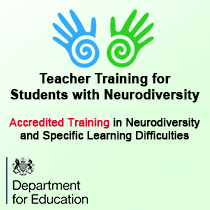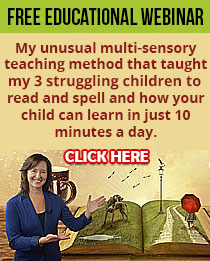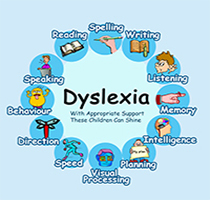
Reading is a great way to build our knowledge in order to help others and we are pleased to be able to promote these books. I recommend that you always try to borrow the book you are seeking from the library before you make a purchase. Some books become invaluable and then you can buy… Read More »








 August 5th, 2014
August 5th, 2014  Liz Dunoon
Liz Dunoon  Posted in
Posted in 
 Tags:
Tags: 






